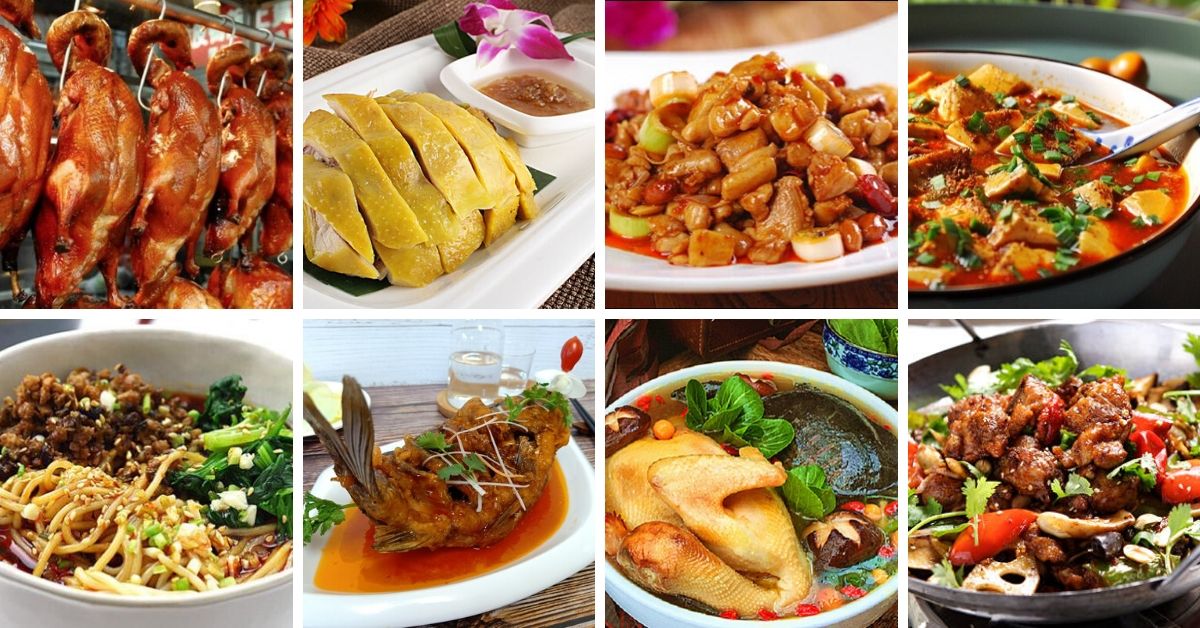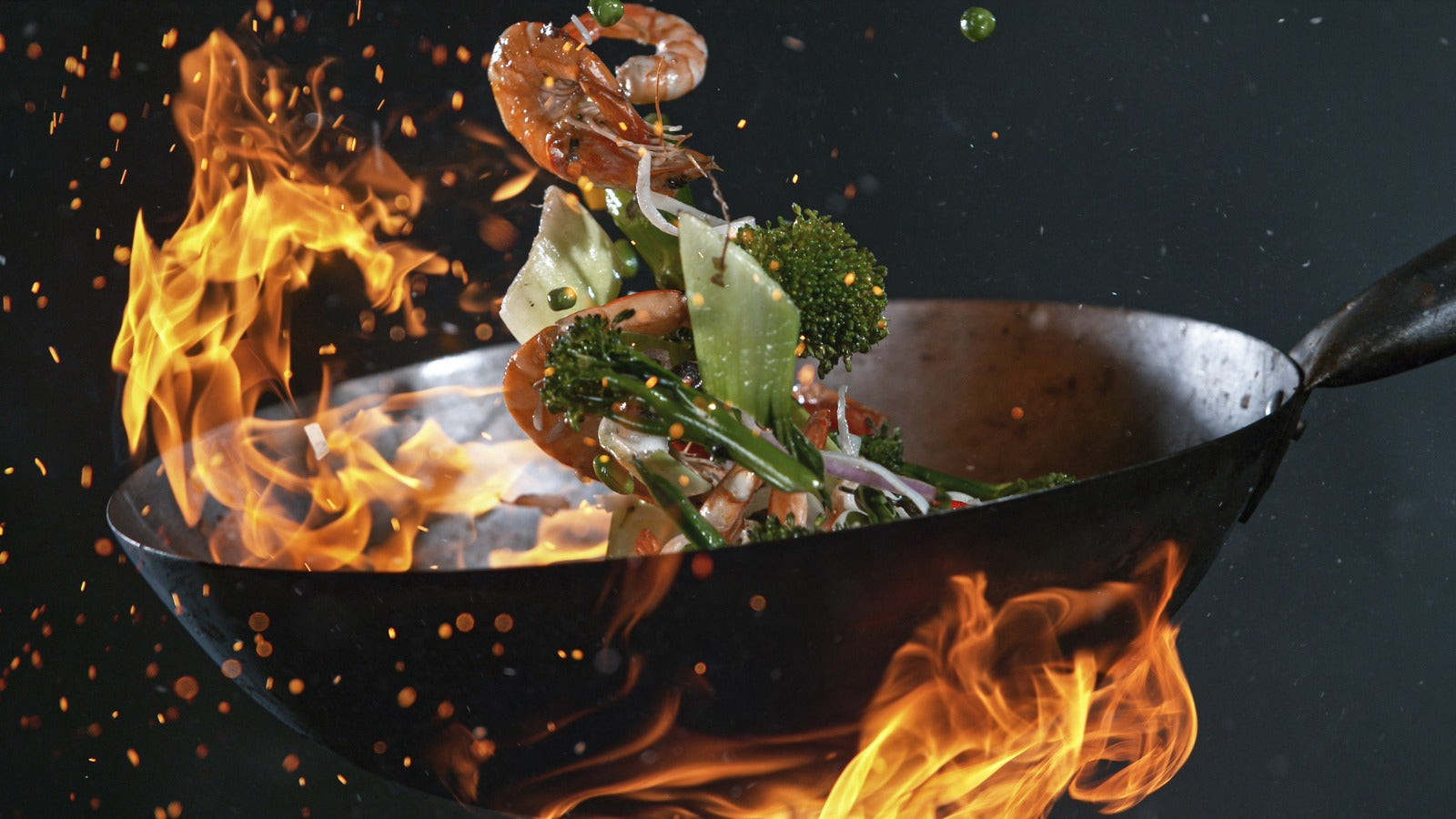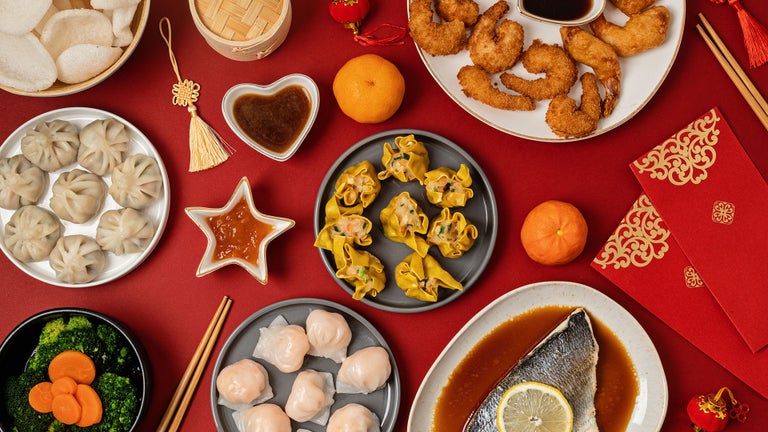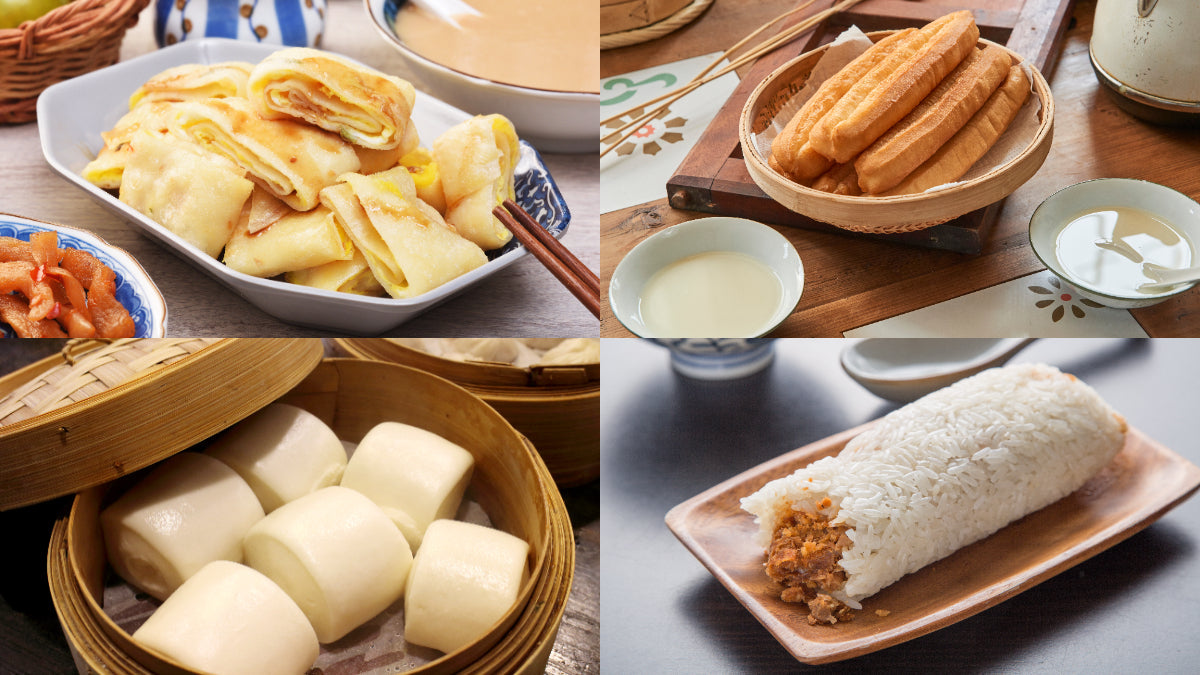Chinese Tea Culture: A Tradition of Respect and Ceremony
Chinese tea culture has a long history, and tea is more than just a daily beverage—it plays an essential role in various important occasions, carrying deep cultural significance and social etiquette.
Tea in Weddings: A Symbol of Gratitude and Respect
In traditional Chinese weddings, the tea ceremony is a crucial ritual that symbolizes respect and gratitude. During the ceremony, the newlyweds serve tea to both sets of parents and elders, expressing appreciation for their upbringing and seeking blessings for their future. In return, elders usually give the couple red envelopes or gifts as a sign of goodwill and support. This practice strengthens family bonds and reflects the traditional Chinese values of filial piety and respect for elders.

Tea in Apprenticeship Ceremonies: A Mark of Acceptance
In Chinese tradition, apprenticeship (拜师, bài shī) is a solemn event, and offering tea is an indispensable part of the ceremony. When a student formally acknowledges a master, they present a cup of tea as a gesture of deep respect and gratitude. If the master accepts and drinks the tea, it signifies the official acceptance of the student and the willingness to pass down knowledge and skills. This ritual highlights the hierarchical structure in Chinese culture and the importance of mentorship and responsibility in various fields, from martial arts to traditional crafts and academic disciplines.

Bai Ethnic Group’s Three-Course Tea: A Unique Tea Ritual
Among China’s ethnic minorities, the Bai people’s Three-Course Tea (三道茶, sān dào chá) is particularly famous. This unique tea ritual consists of three distinct stages:
- The first course is bitter tea, symbolizing the hardships of early life.
- The second course is sweet tea, representing success and happiness after overcoming difficulties.
- The third course is a tea with a lingering aftertaste, signifying reflection and wisdom gained through life’s experiences.

This tea-drinking tradition is not only used to welcome guests but is also an integral part of weddings, apprenticeship ceremonies, and other significant events. It reflects the Bai people’s deep philosophical outlook on life and their way of showing respect to others. (zh.wikipedia.org)
Tea: A Bridge of Tradition and Emotion
Tea plays multiple roles in Chinese culture. Whether in daily life or formal ceremonies, it serves as a medium for expressing emotions and conveying respect. It embodies the core values of Chinese society, emphasizing harmony, gratitude, and the deep-rooted cultural traditions that have been passed down for generations.







Share:
The Essence of Chinese Tea: History, Culture, and Exquisite Gifts
Palm Reading: A Guide to Understanding Your Palm Lines